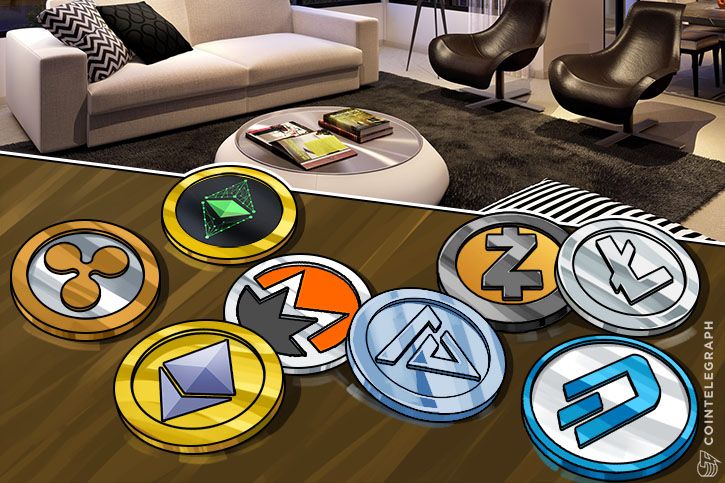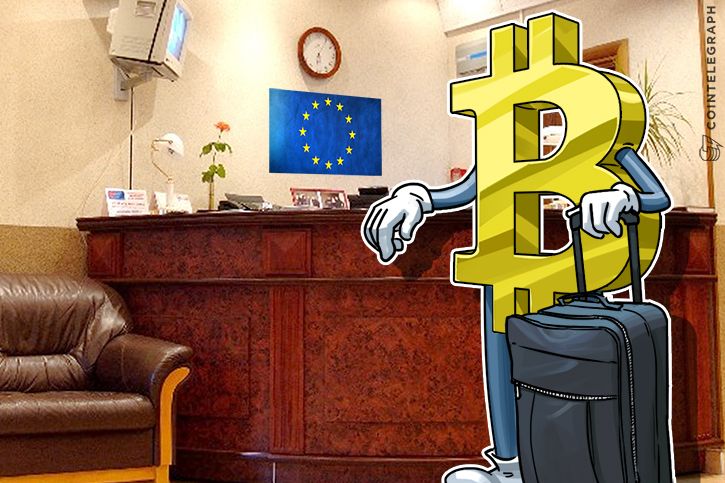Does Your Company Really Need to Focus on SEO?

Q: Is search engine optimioptimisation important to your digital marketing strategy?
A: Yes and no.
Firstly, let’s break down SEO as I think businesses and marketers have a tendency to overcomplicate it, which results in an overwhelming feeling of "this isn’t for us" or "we don’t have the expertise/time for this." Actually, SEO is quite simple when you dispel the SEO myths and break it down to its core fundamentals: on-site (changes you make to your actual website) and offsite (things you do outside of your own website). On-site SEO is simply the process of making your website search-engine friendly. This includes tactics like optimising your title tags, publishing great content and being strategic about your website’s structure.
Offsite SEO is the process of getting validation from other websites that your website is useful to searchers. The best way to do this is by earning backlinks — in other words, having other websites link to your website (Note: it’s very important that you don’t try to earn what Google calls "unnatural" links — this could result in a penalty if done at scale!)
If that doesn’t make sense, perhaps my blind date analogy will work. Let’s say you’re at work and you see a cute guy or girl that you like. They showered, combed their hair, put on good clothes and perfume, and you like the look of them. What they’ve done is nail their on-site SEO. In other words, how they look on face value to the searcher — or in my analogy, the person looking for love. Naturally, you ask another colleague what the deal is about this mystical human. You learn that they completed their MBA at Harvard, are on the lacrosse team, and they volunteer every summer for a charity you support. What they’ve done is nail their off-page SEO — meaning, other people are telling you they’re great meaning your opinion of them is validated.
In my opinion, the most important component of SEO is on-site SEO. These are things that you can control, and on-site SEO factors quite literally tell Google what your website is about so that they know where to rank it in its search results. As for off-site SEO, it should always be secondary to nailing your on-site SEO. You have control of what’s on your website, so it’s much easier to focus on getting this right first, evaluating the results, and then look into whether off-site SEO is something you should think about doing. When it comes to improving your on-site SEO, the best place to start is by optimising your content for both users and search engines.
Content is important for a few reasons. First, if you don’t have great content, then you have nothing to share on social media, via email marketing, on your website, in ads or on affiliate sites to grow your marketing funnel. These are all core components of digital marketing and are the primary reasons you should be investing in creating content. It benefits your business on so many levels; it’s not just for SEO. When publishing content, the secret to maximising any on-site SEO benefit is being strategic with the keywords you’re using and the way you’re optimising for them on the page itself. Learn how to select the best keywords to drive more traffic, and then make sure you optimise your web page for those keywords to make sure you’re capitalising on all your hard work from an organic search perspective.
But most importantly, creating great content is actually what causes other websites to link to you. Consequently, this improves your off-site SEO metrics because people are more likely to link to your content as a useful resource or reference it as point of discussion. So focusing on great content kills two birds with one stone: it improves your on-site SEO and your off-site SEO. However, there’s a problem: Most people don’t really know what good content is. You may be thinking, “Oh, those people… I’m not one of them.” I’m sorry to break it to you, but you probably are. Head over to your company’s blog or Facebook page now. Do you see any posts that talk about the product or service that you sell? If you do, then you’re probably not doing content right to attract more traffic at the top of the funnel.
Here's one example. I wear glasses. If you’re an online glasses retailer, you most likely create content around new trends or top styles. For example, you might have a blog post titled: “10 Best Glasses Frames for Oval Faces.”Now, this may work for attracting people like me to your website, because I’m already aware of my problem (that I’m short-sighted), and I’m considering my options for solving that problem (I’m thinking about purchasing the solution). However, the largest opportunity for most businesses to scale their traffic and database is to use content to also attract people that don’t know they need your product yet. So, using the same glasses example: what would people that need glasses, but are not aware of this need, search for online?
They may search for things like:
- Why do I keep getting headaches at work?
- How to stop squinting at work?
- Why are my eyes blurry?
- What are those black dots I see on my eye?
An online glasses retailer that creates great content would already know this after doing buyer persona research and identifying their persona’s challenges. If you’ve not done so already, here’s a great free tool to create buyer personas for your business. They may create a blog post that has a few reasons why you may get headaches at work. Some advice they could give to appeal to this persona at the start of their buyer’s journey could be:
- Leave your desk every 30 minutes and go for a walk
- Turn your computer brightness down
- Look at something in the distance every 10 minutes
- Get an eye test to check on the health of your eyes
This gives the target buyer the option to solve the problem for themselves, without directly trying to sell to them too early. And in the event that walking, turning the brightness down, and looking in the distance doesn’t work, they may very well get an eye test and then buy some glasses from you after remembering how helpful your content was.
Now this is an exaggerated and accelerated example of someone moving through the three stages of the buyer’s journey: awareness (of problem), consideration (of options) and decision (on which product/service to use). However, the point is, when you create content that helps people and is great quality, they’re much more likely to share it on social media, link to it from their personal blog and tell their colleagues about it. If you can pair that with thorough keyword research and a solid on-site SEO strategy, then you have a much better chance of ranking well in Google’ search results.
So, while SEO is an important part of digital marketing for attracting traffic at the top of the funnel, it’s by no means the most important — SEO works best when you implement it as part of a wider content-led marketing strategy. Focus on creating great content and you’ll see benefits not only on the SEO front, but across all of your digital marketing activities.
Chuck Reynolds
Contributor
Alan Zibluk Markethive Founding Member










